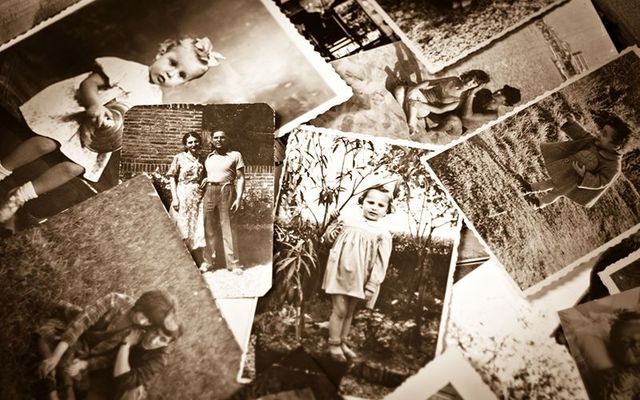Introduction to Irish Genealogy
Unveiling the mysteries of your Irish heritage can be an exhilarating journey filled with twists and turns. Delving into Ireland genealogy not only connects you to your ancestors but also unravels a tapestry of rich history, culture, and traditions. Get ready to embark on a captivating adventure as we explore tips and tricks for researching your Irish family tree!
Understanding Irish Surnames and Clans
When delving into Irish genealogy, understanding the significance of surnames and clans is key to unlocking your family’s history. In Ireland, surnames often have deep-rooted origins tied to specific regions or families. The prefix “O'” or “Mac” signifies “descendant of,” reflecting a connection to a notable ancestor. Clans were prominent in Irish society, each with their own territory and leadership structure.
Irish surnames can provide clues about ancestral occupations, physical characteristics, or even personal attributes. For example, names like “McGuire” may relate to someone skilled in law (brehon), while “Dubhghlas” denotes dark hair. Understanding these nuances can lead you closer to uncovering your heritage and lineage.
Important Historical Events for Irish Genealogical Research
When delving into your Irish genealogy, understanding the historical context of Ireland is crucial. The country has a rich history marked by significant events that have shaped its people and records. One key event to consider is the Great Famine of 1845-1852, which led to mass emigration and affected countless Irish families’ histories.
The Easter Rising of 1916 is another pivotal moment in Irish history, sparking the fight for independence from British rule. This uprising influenced many families’ paths and can provide valuable insights into your ancestors’ roles during this period.
Essential Records for Tracing Your Irish Ancestry
When delving into your Irish genealogy, essential records can be the key to unraveling your family history. One fundamental resource is civil registration records, which began in Ireland in 1864 for non-Catholic marriages and 1865 for births and deaths. These official documents provide vital information like names, dates, and locations.
Parish registers are another valuable source dating back even further than civil registrations. Many church records have been digitized and made available online or through local archives. Census records are also crucial for tracking down ancestors before civil registration was mandatory.
Griffith’s Valuation from the mid-19th century can help pinpoint where your Irish ancestors lived and worked. This land valuation survey provides insights into property ownership at that time. Additionally, military service records may offer glimpses into past generations who served in various armed forces.
Online Resources for Irish Genealogy Research
When delving into Irish genealogy research, utilizing online resources can be a game-changer. Websites like Findmypast, Ancestry.com, and IrishGenealogy.ie offer access to a wealth of records ranging from birth certificates to census data. These platforms provide valuable tools for uncovering your Irish roots with just a few clicks.
Online forums and social media groups focused on Irish genealogy can also be gems for connecting with fellow researchers who may have insights or information that could help break through brick walls in your family tree. Sharing stories and collaborating with others passionate about tracing their ancestry can lead to unexpected discoveries.
Tips for Overcoming Common Challenges in Irish Genealogy
Researching your Irish family tree can be an exciting journey filled with discoveries about your heritage. However, it’s not uncommon to encounter challenges along the way that may seem daunting at first. One common hurdle in Irish genealogy is the lack of detailed records due to historical events like fires or political unrest.
To overcome this challenge, consider expanding your search beyond traditional sources and explore alternative archives or local resources that might hold valuable information about your ancestors. Additionally, reaching out to local historians or genealogical societies in Ireland can provide insights and guidance on navigating through tricky research obstacles.
Another common issue faced by researchers is the variation in spelling of surnames and place names, making it challenging to track down relevant records accurately. To tackle this challenge, try using wildcard searches or phonetic spellings when utilizing online databases to cast a broader net for potential matches.
Conclusion
Discovering your Irish roots can be a journey filled with rich history, cultural insights, and personal connections. By delving into the world of Irish genealogy, you have the opportunity to uncover stories of resilience, traditions passed down through generations, and a sense of belonging to a vibrant community.
As you navigate through the complexities of tracing your Irish ancestry, remember that each piece of information you uncover brings you closer to understanding your heritage. The rewards go beyond just finding names on a family tree; they extend to discovering the lives and experiences of those who came before you.
















Comments